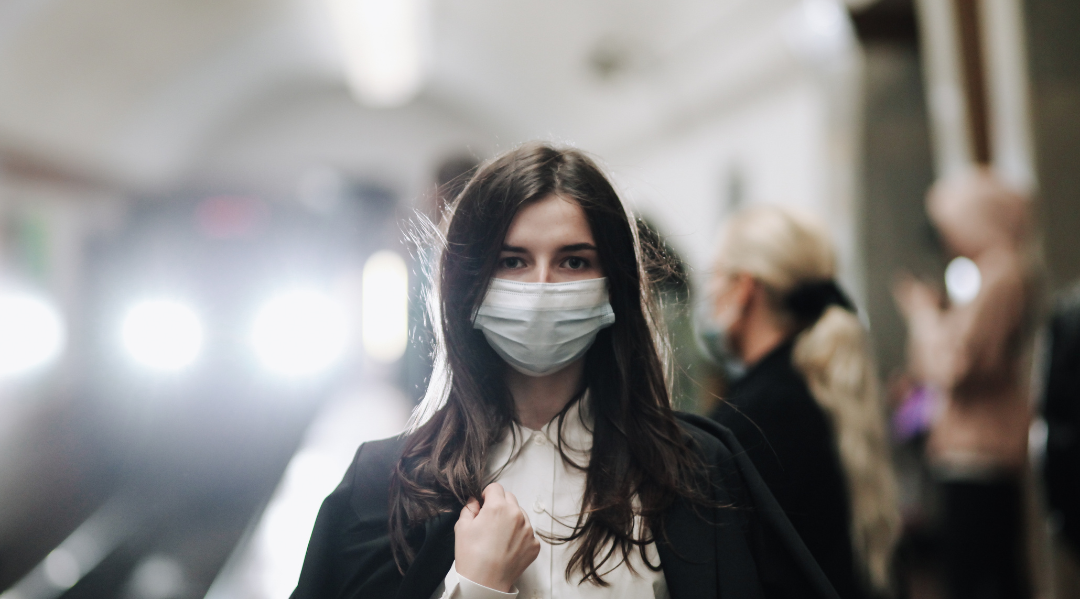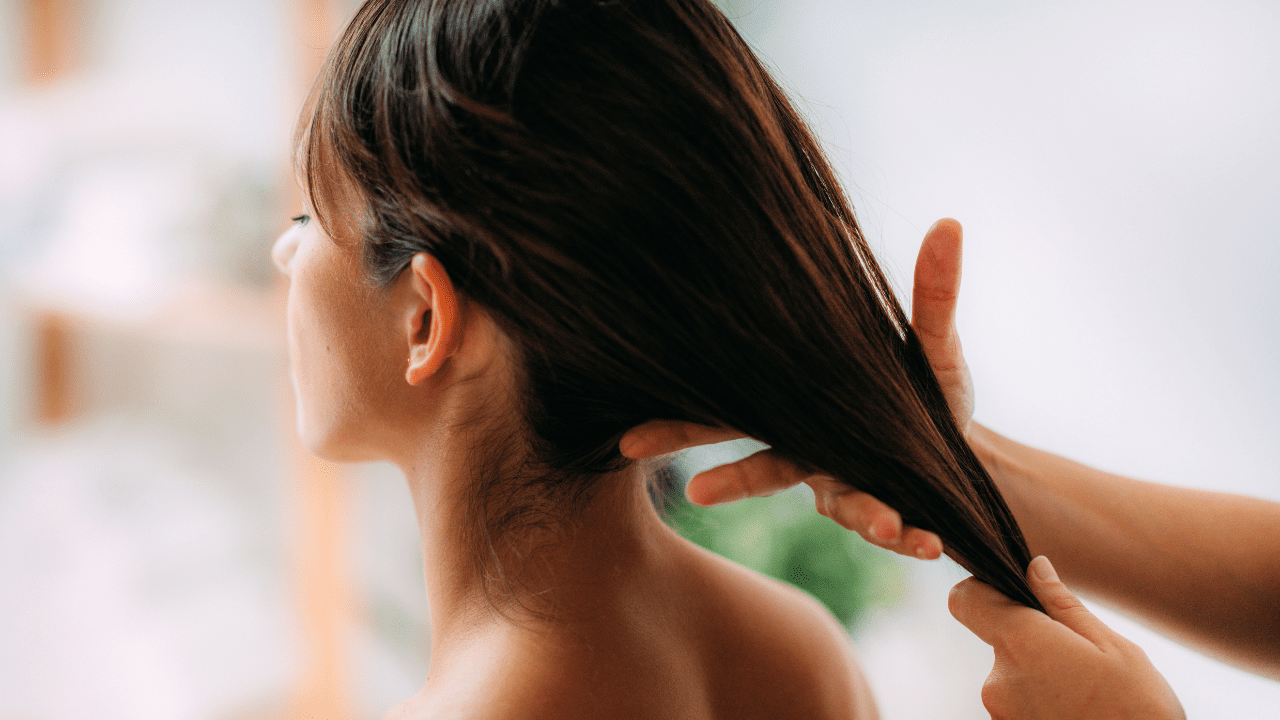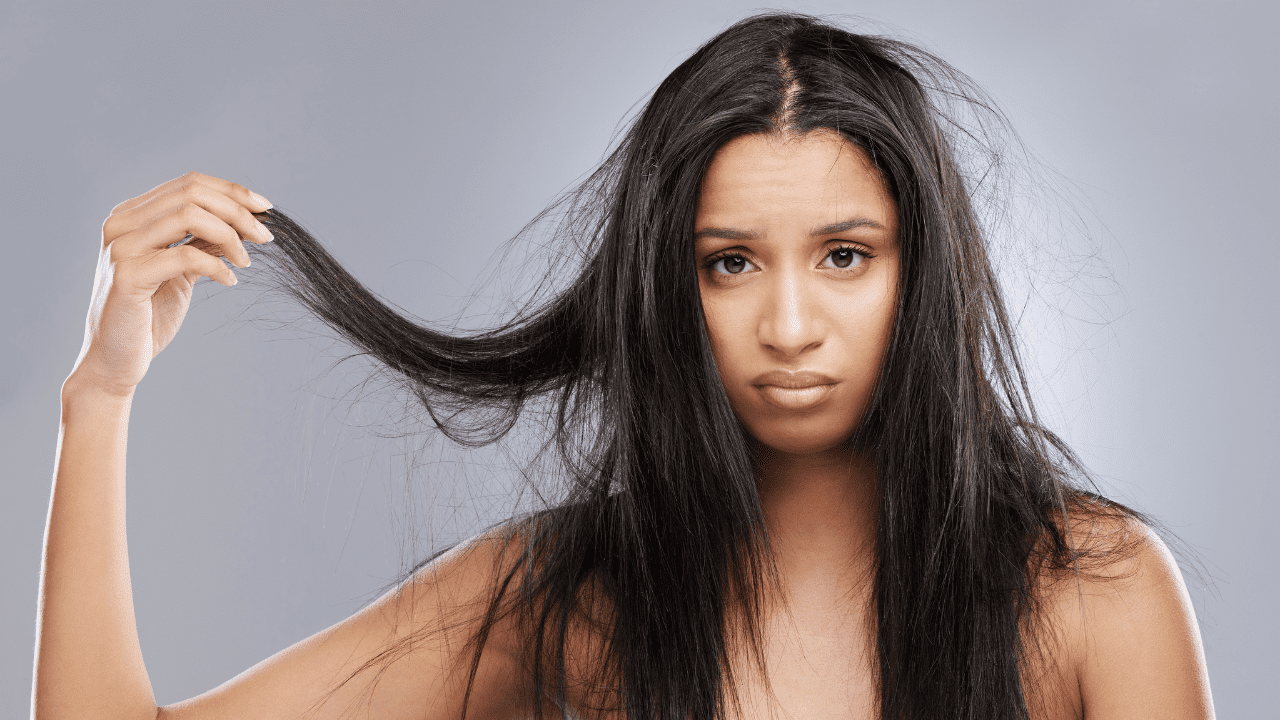Introduction
The COVID-19 pandemic has not only taken a toll on physical health but has also left lasting impacts on mental and emotional well-being. One such consequence that has become increasingly reported is post-COVID hair loss. Which has left many searching for a post covid hair loss treatment at home.While the virus primarily affects the respiratory system, its aftermath can manifest in various unexpected ways, including hair loss. Understanding the causes, treatment options, and coping strategies for post-COVID hair loss is crucial for individuals experiencing this distressing condition. In this article we’ll be shedding light on how to stop hair loss after covid-19 and manage it once it sets in.
Causes of Post-COVID Hair Loss
Post-COVID hair loss, also known as telogen effluvium, is a type of temporary hair loss that occurs due to significant stress or illness. When the body experiences stress, whether physical or emotional, it can disrupt the natural hair growth cycle, pushing more hair follicles into the resting (telogen) phase. This results in excessive shedding of hair, typically occurring two to three months after the stressful event, such as a bout with COVID-19.
Several factors contribute to post-COVID hair loss, including:
- Physical Stress: The body’s response to COVID-19 infection can induce physical stress, leading to hair shedding. Fever, inflammation, and changes in hormonal levels during illness can disrupt the hair growth cycle.
- Emotional Stress: Dealing with the uncertainties and challenges posed by the pandemic can trigger emotional stress, which, in turn, affects hair health. Anxiety, depression, and fear can exacerbate hair loss in susceptible individuals.
- Nutritional Deficiencies: Illness, loss of appetite, or changes in dietary habits during and after COVID-19 infection can result in nutritional deficiencies, particularly in essential vitamins and minerals crucial for healthy hair growth.
- Medications: Certain medications used in the treatment of COVID-19 or its complications may have side effects that contribute to hair loss.
Treatment Options for Post-COVID Hair Loss
While post-COVID hair loss can be distressing, the good news is that it is usually temporary and resolves on its own over time. However, several strategies can help promote hair regrowth and minimize further shedding:
- Nutritional Supplements: Consuming a balanced diet rich in vitamins and minerals essential for hair health, such as vitamin D, vitamin E, biotin, and iron, can support hair growth. In some cases, healthcare providers may recommend supplements to address specific deficiencies.
- Stress Management: Implementing stress-reduction techniques such as mindfulness, meditation, yoga, or seeking support from mental health professionals can help mitigate the effects of emotional stress on hair loss.
- Gentle Hair Care: Avoiding harsh treatments, excessive heat styling, and tight hairstyles can prevent further damage to fragile hair strands. Opt for gentle shampoos and conditioners suitable for sensitive scalps.
- Topical Treatments: Over-the-counter minoxidil (Rogaine) and prescription corticosteroid creams may help promote hair regrowth and reduce inflammation on the scalp. However, this shouldn’t replace natural alternatives.
- Consultation with Healthcare Providers: Individuals experiencing persistent or severe hair loss post-COVID should consult healthcare providers, including dermatologists or trichologists, for personalized evaluation and treatment recommendations. Book a free consultation now!
Coping Strategies for Post-COVID Hair Loss
Dealing with hair loss can take a toll on self-esteem and confidence. However, adopting coping strategies can help individuals navigate this challenging experience:
- Self-Compassion: Recognize that hair loss is a common consequence of stress and illness, and be kind to yourself during this period of recovery.
- Support Network: Seek support from friends, family members, or online communities who can offer understanding, empathy, and encouragement.
- Style Adaptations: Experiment with hairstyles, wigs, scarves, or hats to feel more comfortable and confident while waiting for hair regrowth.
- Focus on Overall Well-Being: Prioritize self-care activities such as exercise, healthy eating, and sufficient sleep to support overall health and well-being, which can positively impact hair growth.
- Professional Help: If feelings of distress or anxiety persist, consider seeking guidance from mental health professionals who specialize in coping with body image concerns and self-esteem issues.
Conclusion
Post-COVID hair loss can be a challenging but temporary consequence of the stress and illness experienced during the pandemic. By understanding its causes, exploring treatment options, and adopting coping strategies, individuals can navigate this experience with resilience and confidence. Remember that patience, self-care, and seeking support are essential components of the journey toward hair restoration and overall well-being.




